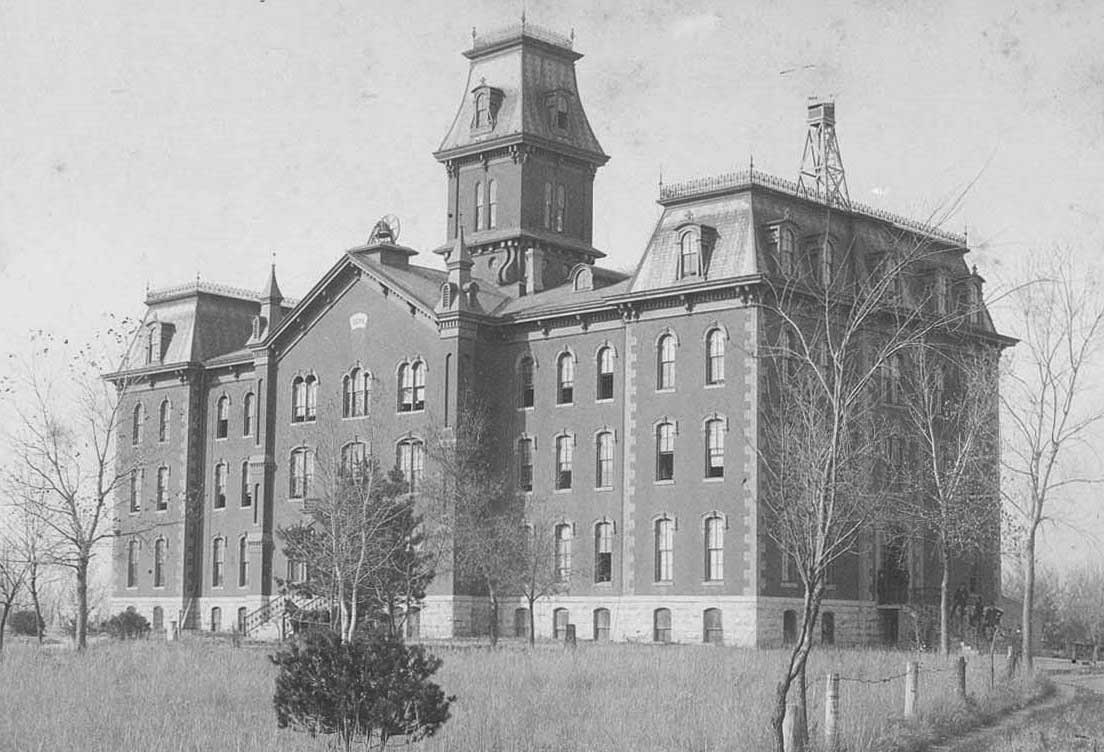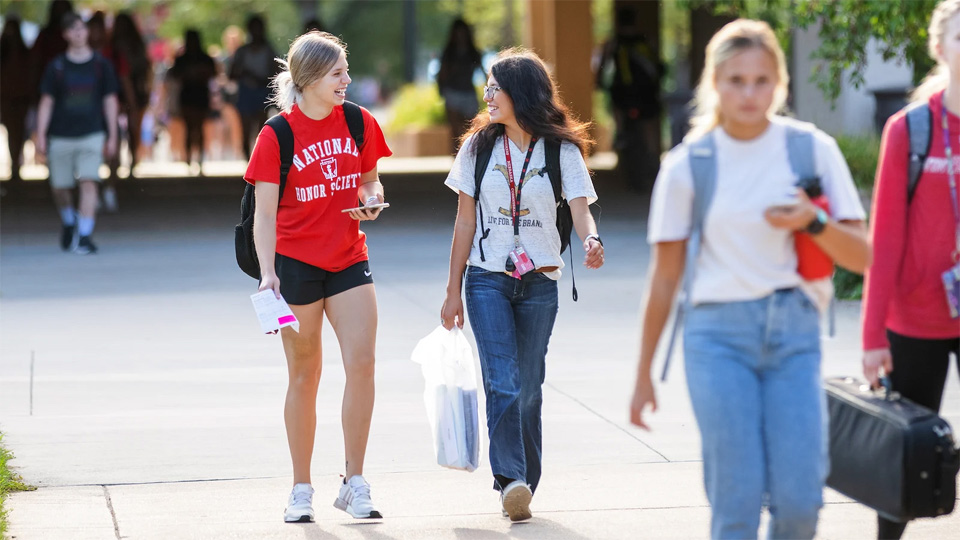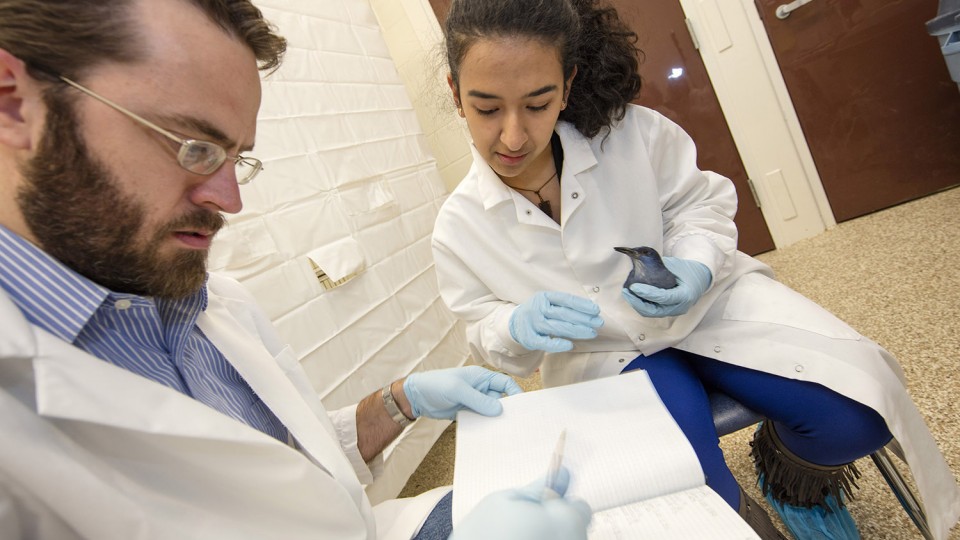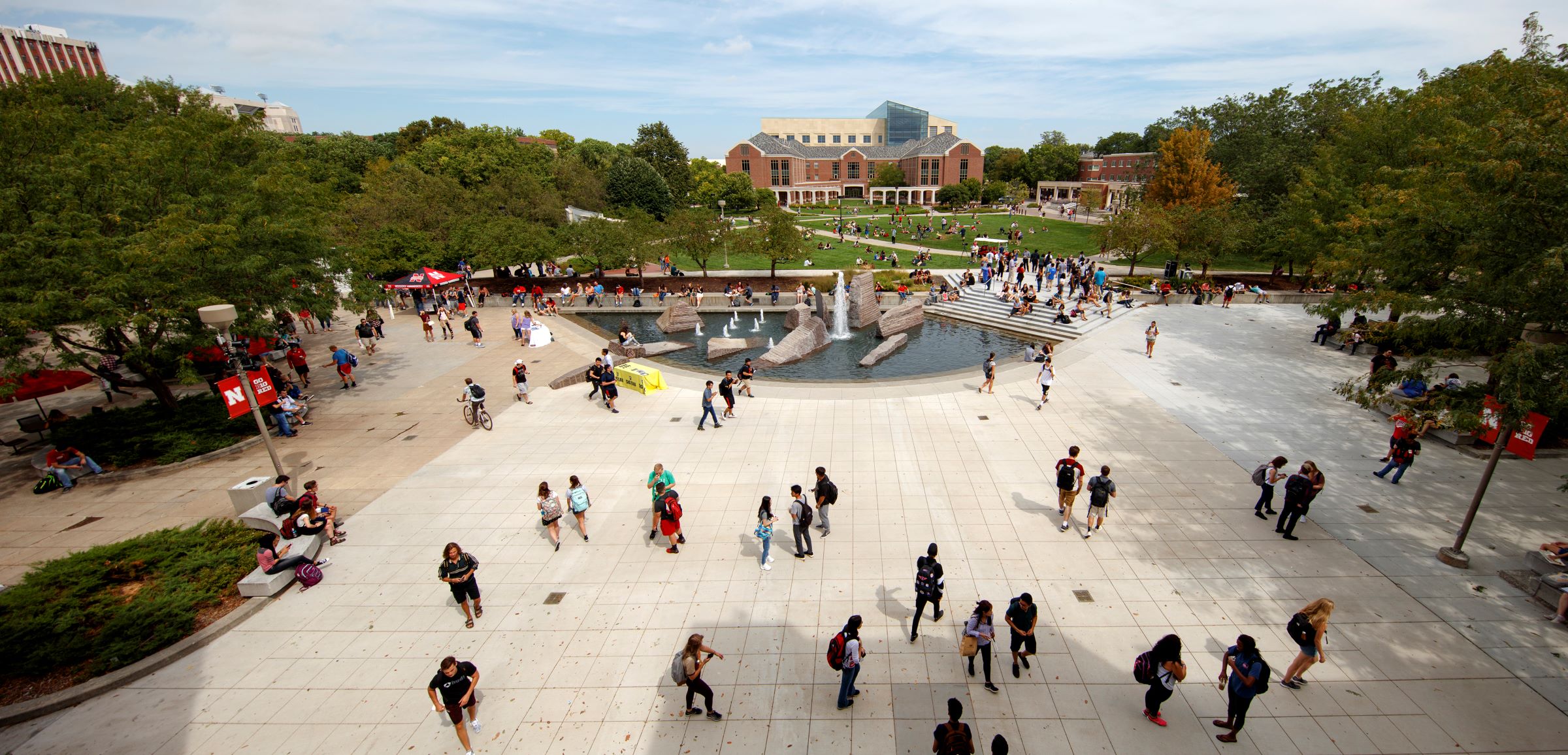Content
The mission of the College of Arts and Sciences is to:
Cultivate curiosity and critical thinking, facilitate student growth and success, and support life-long learning through all branches of the liberal arts and sciences.
Improve lives and broaden horizons of understanding and empathy through research, creative activity, and outreach.
Serve the people of Nebraska and the wider common good through the bold pursuit of knowledge and the free expression of ideas and perspectives.
Promote an institutional culture that nourishes mutual respect and inspires conscientious community engagement—where every person and every interaction matters.
About the College of Arts and Sciences at UNL

The University of Nebraska started instruction in 1871 as the College of Ancient and Modern Literature, Mathematics and Natural Sciences, later to become the College of Arts and Sciences.
The College of Arts and Sciences occupies an important position at the University of Nebraska–Lincoln and in the University of Nebraska system of higher education. It is one of the largest and most diverse colleges in the University and State.
The College encompasses a wide range of academic disciplines and programs in the humanities, mathematical and natural sciences, and social sciences. The College also houses numerous interdisciplinary research centers and core facilities.


The College of Arts and Sciences has a distinctive role and responsibility at UNL given the diversity, breadth, and reach of the faculty's scholarly expertise. Since virtually every student at UNL takes courses in the College of Arts and Sciences, it is vital that the College provides a rigorous liberal arts education that equips students with the knowledge, skills, and diverse perspectives necessary to be informed, responsible, and ethical citizens of the world.
We advance knowledge, deepen our understanding of nature and humanity, and promote widespread access to the liberal arts and sciences and life-long learning through research and creative activities, innovative academic programs, and experiential learning. We are committed to a culture of mutual respect and value equity, inclusion, and dignity for all.
Essential to the mission of the College of Arts and Sciences is the integration of research, teaching, and service by the faculty and staff. Through the quality and impact of their research and creative activities, their commitment to teaching and student success, and their engagement in our community, CAS faculty and staff offer students a wide range of knowledge and perspectives and equip them with the methods and tools to acquire, generate, and communicate new knowledge.

We acknowledge that the University of Nebraska is a public, land-grant institution with campuses and programs across the State that reside on the past, present, and future homelands of the Pawnee, Ponca, Oto-Missouria, Omaha, Dakota, Lakota, Arapaho, Cheyenne, and Kaw Peoples, as well as the relocated Ho Chunk (Winnebago), Iowa, and Sac and Fox Peoples. In light of this history, we are committed to equitable access and the attainment of higher education for the Indigenous peoples whose lands make up our campus and community as an integral part of the College's mission to serve the many diverse peoples who call Nebraska home.
